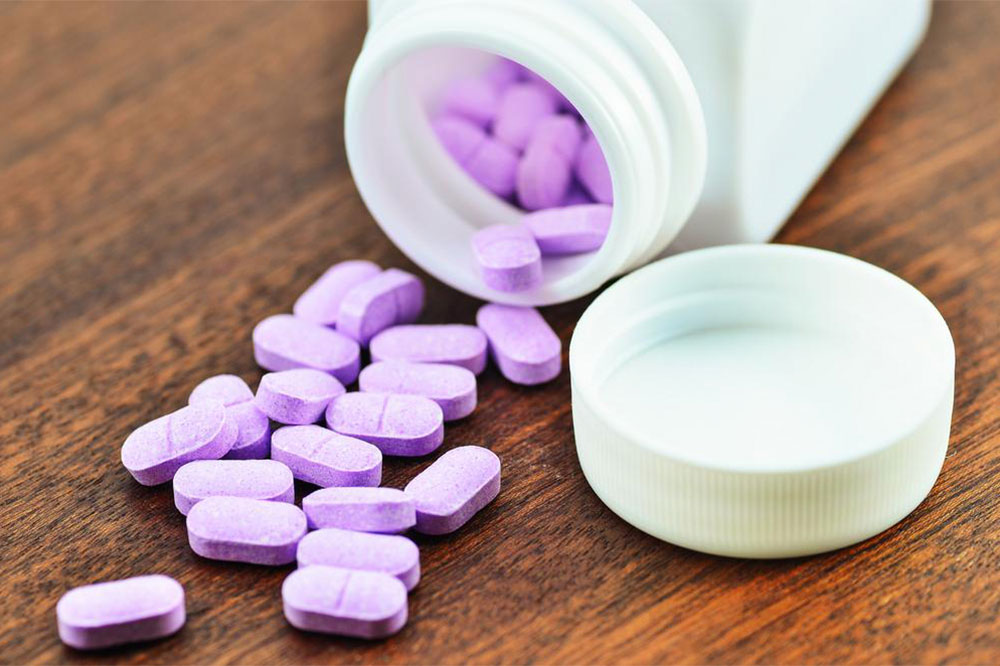Types of Anxiety Disorders
If you feel anxious often, you are not alone. According to the Anxiety and Depression Association of America (ADDA), nearly 50% of people are diagnosed with anxiety disorder and depression. Due to the condition’s prevalence, a wide range of treatments are available to manage anxiety. Here we will talk about what anxiety is, the types of disorders, how it affects your life, and the changes you can make to deal with it.

What is anxiety?
Anxiety disorders are a common mental health condition characterized by excessive nervousness, fear, or worry that impact the normal activities of everyday life. However, a healthcare professional might prescribe anti-anxiety treatments if the condition is severe and you don’t feel better with alternative treatments. That said, these alone cannot cure the disorder and can help you deal with the symptoms. While prescriptions for anxiety can be beneficial, they won’t suit everyone. Even if you are taking the prescriptions, it is best to couple the treatment with other options and lifestyle changes.
Types of anxiety disorders
Anxiety disorders occur in different forms, each type characterized by unique symptoms. Learning more about the types will help you craft an individualized treatment tailored to meet the specific requirements.
General anxiety disorder
It is diagnosed in people who feel anxious every day for six months or more in any area, including work, school, social gatherings, and family. In this type of anxiety, patients experience fatigue, irritability, excessive worrying, tensed muscles, chest pains, lack of concentration, insomnia, and headaches.
Panic disorder
Panic disorder or panic attacks can affect the patient spontaneously, either due to a particular situation or for no identifiable reason. Even though the attacks don’t last for a long time, the effect can be intense and could take a toll on one’s mental health. Patients will experience shaking, perceived loss of control, excessive sweating, pounding heartbeat, and troubled breathing.
Obsessive-compulsive disorder (OCD)
OCD is a type of anxiety disorder that is characterized by uncontrollable thoughts and actions that the patient tends to repeat. Some may obsess over how things look and how every minute detail that someone else might find insignificant.
Phobias
Phobias occur in a person when the anxiety disorder manifests itself in a specific fear. For instance, a person who fears heights or spiders would experience a sudden panic attack when they encounter these things. There are different types of phobias like agoraphobia, wherein people don’t like being outside and prefer to reside inside their home. They avoid being in social situations, including classrooms and parties, to avoid facing the symptoms.
Post-traumatic stress disorder (PTSD)
This happens after someone has experienced severe traumatic incidents, such as violence or being involved in accidents. Individuals with PTSD will suffer from flashbacks of disturbing incidents, nightmares, and panic attacks, reliving and coping with the accompanying stress.
Best alternatives to treat anxiety disorder
If you are hesitant about online anxiety treatments, there are plenty of alternate and natural ways to treat the condition. Here we have listed some of the best natural and effective ways to manage anxiety symptoms:
Exercise
Experts have observed that practicing regular physical activities or exercise might decrease anxiety and its related symptoms. The activities can include going on walks, running, yoga, or simply shaking the limbs. You can start with a small workout, followed by high- or moderate-intensity level training to know what is best for your body.
Food regimen
Magnesium helps the muscle tissues relax and positively contributes to treating anxiety, depression, and insomnia. Increasing the intake of vitamin B and calcium will help deal with the symptoms of anxiety. Hence, ensure to include whole-grain cereals, leafy green vegetables, and low-fat dairy products in your meal plans.
Avoid caffeine and other stimulants
Avoid the consumption of caffeine and other stimulants, as they cause the adrenal glands to produce cortisol, one of the stress chemicals. It is also suggested to avoid salt, artificial additives, or preservatives. Instead, ensure to add fresh and unprocessed foods to the meal regimen.
Therapy
Cognitive and behavioral therapy helps the affected people understand the symptoms, potential connections, and anxiety triggers. It can be useful in learning skills that can be utilized in the future and ways to cope with the symptoms.
Meditation
Meditation is one of the effective coping techniques that will aid in decreasing anxiety disorder. Practicing meditation will clear the mind, help stay calm, and challenge perspective. It will also help to determine the physical factors that induce anxiety.
Learning about anxiety is key to recovery. Every individual will experience anxiety at least at one point during their life. Even though it is a complex condition, not every individual will require anti-anxiety treatments. Incorporating healthy lifestyle changes and natural remedies will help you manage the symptoms and improve the quality of life.